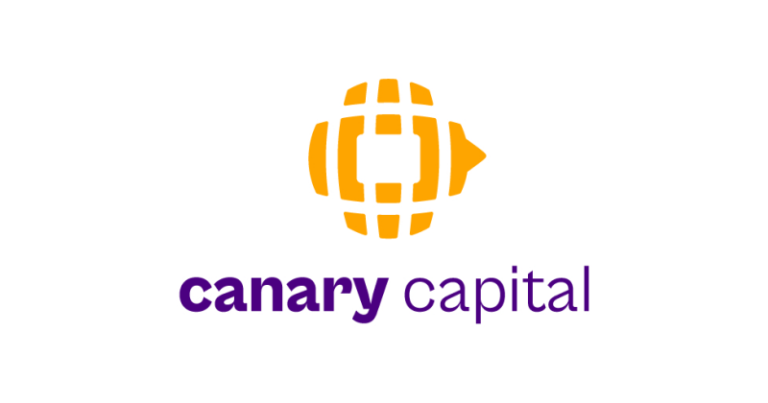Important points
Canary Capital’s Litecoin ETF aims to simplify access to Litecoin for investors. The ETF stores Litecoin in cold storage to minimize security risks.
Share this article
Canary Capital has officially filed for a Litecoin ETF with the SEC, following its filing for an XRP ETF earlier this month.
According to Canary Capital, the ETF allows investors to bypass the complexities typically associated with directly acquiring and securing LTC, such as setting up a digital wallet, handling private keys, and operating an exchange. Instead, investors can buy shares in an ETF that represents the value of LTC.
The trust behind the Litecoin ETF holds LTC as its sole asset, with the purpose of tracking the value of Litecoin less operating costs. To ensure security, the trust primarily relies on cold storage to keep private keys offline to protect against the risk of hacking.
Custodians manage both cold and hot wallets. A small portion of the assets are stored in hot wallets to facilitate instant transactions.
ETF shares are created exclusively by authorized participants (usually broker-dealers) and redeemed in large baskets. These participants are responsible for providing cash to the trust in exchange for newly created shares and will receive cash upon redemption of the shares.
Although authorized participants do not directly handle Litecoin, their actions in the creation and redemption of shares influence the LTC market and its price through arbitrage opportunities between the ETF’s stock price and the market value of Litecoin. may give.
Most investors trade Litecoin ETF shares in the secondary market under a designated ticker to track LTC price movements without directly owning the asset. Authorized participants can create and redeem Share Baskets through a cash-based process without handling Litecoin.
The filing comes at a time when institutional investor interest in crypto ETFs is at an all-time high, with Bitcoin ETF assets under management recently reaching a total of $60 billion. Stablecoins have also experienced impressive growth, reaching a market capitalization of $170 billion.
Share this article


